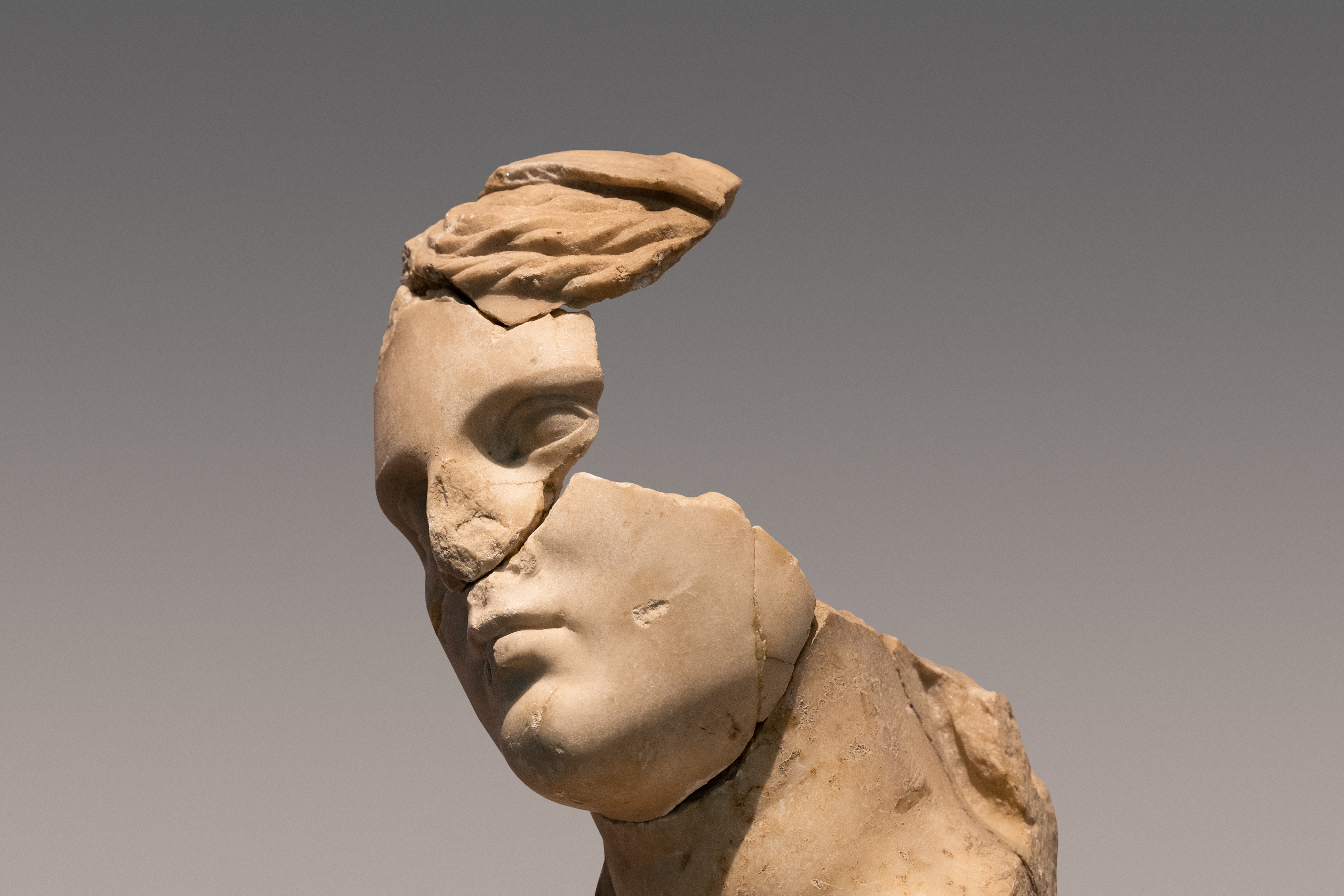
Instructor:
From the Bible to the monuments in Charlottesville, selection determines what is enshrined and what is left behind. Be it through deliberation or by accident, a necessity or an artistic choice, processes of selection elevate certain stories in our collective memory while all but ensuring others are forgotten. In ancient societies, remembering is often considered a virtue, akin to life, connection, and even immortality; while forgetting is associated with demise, death, and decay. But is forgetting really such a bad thing? Is it possible for forgetting to be a positive, formative force? Are memory and forgetting really opposite processes? In this seminar, we will explore the selectivity inherit in memory and the productive potential of forgetting—the ways in which overwriting, erasure, loss, and, at times, recovery drive cultural creativity. By looking at what has been left out, we will observe how forgetting has shaped our past and how choosing what is remembered reveals our priorities and values. We will look at specific case-studies of selective memory and ask: Who gets to tell the story and who decides where it begins? Who determines which voices are included and which are omitted.
